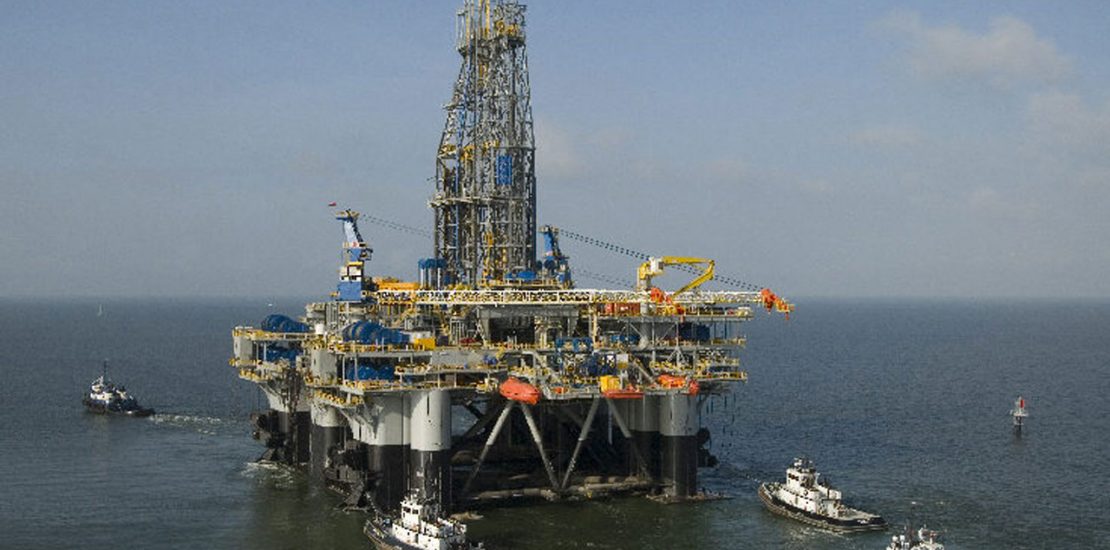- April 4, 2020
- Posted by: Precious David
- Category: Uncategorized

Though the global oil market is currently crippled by the outbreak of COVID-19, Nigeria could generate over N15 trillion yearly from the industry, some stakeholders have said.
According to the stakeholders, in 2018 when the price of oil was fair, Nigeria only recorded $32.63 billion (about N12 trillion) from the sector, but when reformed and is able to attract investments and have full capacity production in leases and engaged value chain, the sector would generate more revenue.
The stakeholders spoke during a forum tagged Post COVID-19 Petroleum Agenda for Nigeria (PoCoPAN) hosted by Order Paper Nigeria. At the event which came at a time when the Federal Government had just given approval for the implementation of the Oronsaye Report in an attempt to reform for maximum value, the oil and gas experts advised the government to seize the opportunity of the crisis in the oil sector to undertake long-awaited reform of the industry and diversify the economy.
It is believed that the failure to reform the nation’s oil and gas sector fuels lack of accountability, leading to massive corruption as well as lack of investment. A coalition of over 150 civil society organisations across the nation’s six geo-political zones recently claimed that the country was losing at least N3 trillion yearly due to non-passage of the Petroleum Industry Bill (PIB) alone.
The forum, which featured industry experts, including former government energy advisor, Joe Nwakwue, as well as economist and public policy analyst, Tope Fasua, and organised in collaboration with Publish What You Pay Nigeria and DotCivics, raised the hope that despite the current crisis in the petroleum sector occasioned by the slide in crude oil prices, the market would stabilise.
The communique on the event, signed by Executive Director, Order Paper Nigeria, and convener, PoCoPAN, Oke Epia, stressed that the crude oil price stabilisation would occur once the global economy picks up.
“Crude oil price would eventually stabilize as global economy gradually picks up (this is due to the fact that price volatility is an inherent characteristic of the oil and gas industry).
“There is, however, a pervasive concern that the nation may not learn from this present experience based on patterns deduced from previous oil price crash scenarios.
“The present pandemic-induced economic crisis by way of the fall in crude oil price is a result of obsolete and inappropriate policies that regulate the petroleum industry; lack of will by government to use resources from oil and gas to facilitate development of industry value chain and other sectors of the economy; over-dependence on foreign technology; and exportation of raw materials rather than refined products.
“Funding of the 2020 national budget in the current crisis is a huge challenge attributed to the fact that Nigeria runs a petro-dollar economy (53 per cent revenue of 2019 budget was provided by foreign exchange from oil and gas industry).
“The country’s oil and gas industry has not witnessed new exploration in the last decade as critical stakeholders such as investors’ host communities and the government remain unsatisfied with the current path the industry treads.
“Diversification and re-invention of the economy from a sole petro-dollar source is highly imperative to insulate the country from the effects of future price volatilities,” the report stated.
Though Nigeria recently revisited the Production Sharing Contracts (PSCs), the stakeholders stated that critical decisions have to be made to determine models that are most suited for efficient running of the nation’s oil gas industry. They advised the government to also revisit the PSC as well as Joint Ventures (Jvs).
“If the current arrangements are providing maximum benefits for the country, there is a potential capacity of the oil and gas business to generate between N12trillion and N15 trillion yearly.
“Revenue from oil and gas operations is needed to facilitate the country’s emergence from the Dutch disease hence, it was recommended that Reserve to Production (R/P) ratio should be increased, gas assets developed and the midstream sector enhanced in a string of industry diversification that will impact the economy in general.”
“The petrol subsidy regime strongly impedes development of the industry and cobbles the participation of private investors and should therefore be abrogated to allow for deregulation of the downstream sector.
“The economic crisis presented by COVID-19 era is an opportunity to rethink and re-evaluate the modus operandi of the oil and gas sector and the nation’s economy at large. Opportunities presented in the development of local technology (artisanal refining for instance), deep focus on gas exploration, development of indigenous human capital in critical sectors of the economy, and enactment of the Petroleum Industry Bill (PIB) should not be lost,”the communiqué noted.
Source: https://guardian.ng/news/how-to-generate-n15tr-from-oil-despite-slump/
